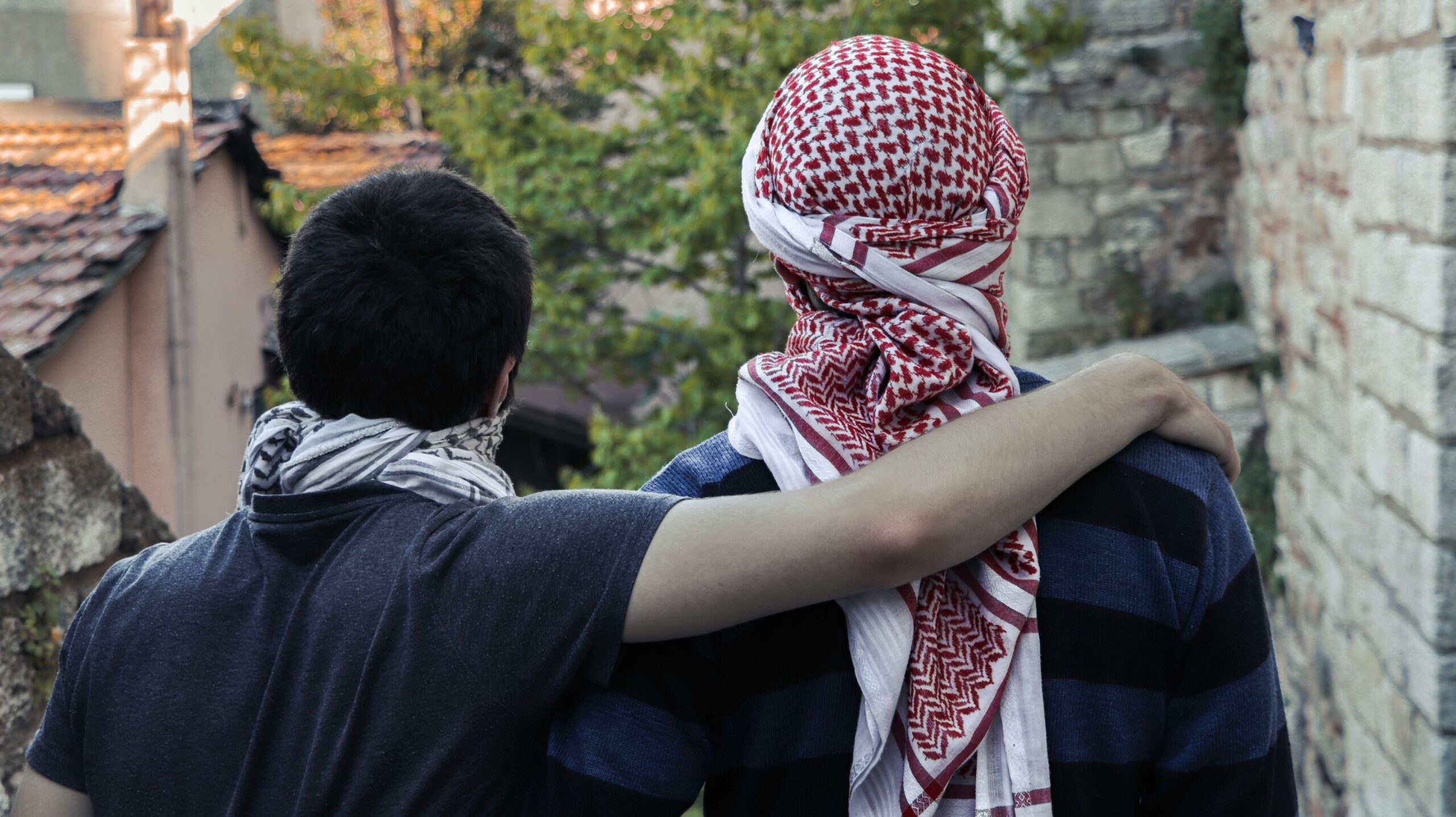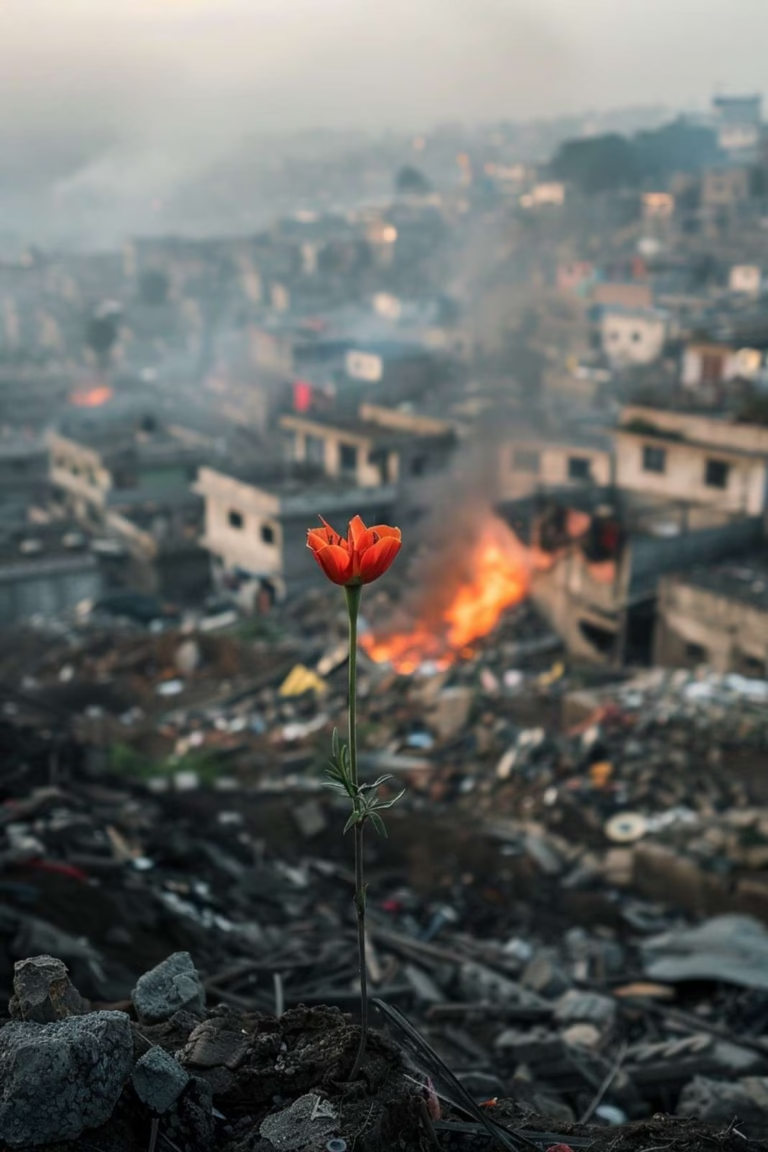
Prayer – An Introduction to the Authentic Key Worship in Islam
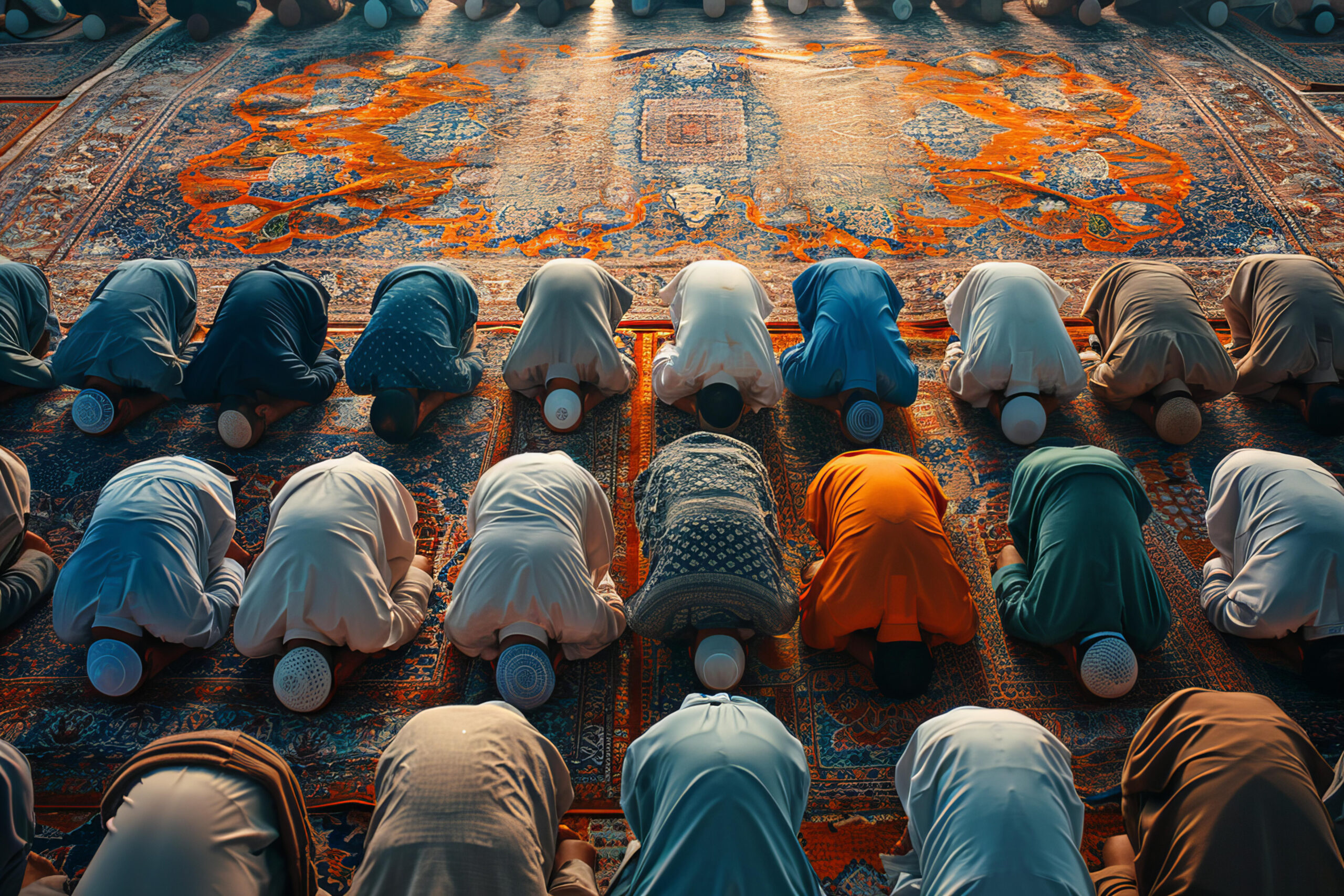
“As for those who firmly abide by the Scripture and establish prayer—surely We never discount the reward of those acting righteously.”
Quran 7:170
What is prayer in Islam?
In Islam, prayer, known as Salah (from the Arabic word “Ṣ-L-Ḥ,” meaning “to pray” or “to connect”), is the most fundamental practice and holds deep significance. Muslims are obligated to perform it five times a day, forming the most important pillar of the Five Pillars of Islam after declaring the testimony of faith.
How so?!
Of the five pillars of Islam, the first pillar, which is the testimony of faith, is only performed once in a lifetime when a person first becomes Muslim; the other three pillars (Charity, Fasting, and pilgrimage) are only performed when the Muslim is able financially or/and physically; while for the prayer, there is categorically no circumstance or excuse to break the connection with your Creator and abandon your duty of the daily five prayers, as long as you are a sane, lucid and conscious adult, whether you are in space, in a war zone, or completely paralyzed on a bed: your perform your prayer (in the last case you pray by moving your eyes).
Add to that, after taking your testimony of faith, neglecting one of the last three pillars of religion will make you a sinner, while ignoring the prayer is susceptible to making you a non-Muslim.
The Prophet (ﷺ) said:
” The covenant between us and them (The disbelievers) is prayer; so, whoever abandons it has disbelieved. “
Sahih/Authentic. – [At-Tirmidhi].
Purpose of prayer:
” Recite what has been revealed to you of the Book and establish prayer. Indeed, ˹genuine˺ prayer should deter ˹one˺ from indecency and wickedness. The remembrance of Allah is ˹an˺ even greater ˹deterrent˺. And Allah ˹fully˺ knows what you ˹all˺ do. “
Quran 29:45
The essence of prayer lies in its direct communication with Allah in the form of worship through specific recitations, intentions and movements such as standing, bowing, and sitting that symbolize:
• Submission to Allah: By submerging oneself in feelings of hope and fear, seeking Allah’s mercy and refuge, supplicating, and putting one’s forehead on the ground (like Jesus (PBUH) and all the prophets before him), Salah manifests submission to Allah’s will and is an actual sign of humility toward his supremacy.
• Withdrawal from worldly life: During your busy and anxious day, prayer is a golden opportunity to disconnect and take a break from the stressful and soul-consuming environment around you. It is also a way to connect with your creator, show him your gratitude and ask him to ease the hard or take away the bad.
Prayer is a chance to recharge your energy and remember the essential things in life: that your present and future are in the hands of God. You enter prayer exhausted and anxious, and leave it with hope, bravery, and a calm soul.
• A reminder of righteousness: Thanks to prayer, we can eliminate the evil and sinful desires and thoughts that affect our heads and hearts in our daily lives while restoring humility, patience, and perseverance.
• Forgiveness for minor and unintentional sins: Salah serves as a means for every Muslim to repent and seek forgiveness.
• Discipline: Prayer is an anchor that establishes an organized lifestyle. Muslims are required to perform Salah at specific times throughout the day, which helps them plan their daily activities around worship.
• Equality: From day one, 1445 years ago, Muslims worldwide gathered and faced the Kaaba (Mecca) when they prayed, symbolizing unity and equality before Allah.
Congregational prayers, especially the Friday prayer (Jumu’ah), emphasize community and equality. The first to arrive is the first in line, and all individuals gather shoulder to shoulder to perform the same act, regardless of their social or professional hierarchy, background or race.
The leader of the prayer is the one who masters the recitation of the Quran; being a genitor or CEO has nothing to do with that leadership.
Similarly, all individuals have equal access to worship. The mosque is open to everyone, and there are no “white only Mosque” signs on the door or barriers to entry based on economic or racial standing. This accessibility to worship reinforces equality among Muslims and annihilates any form of exclusivity.
• Community Bonding: Salah is often performed in congregation, especially the Friday prayer (Jumu’ah) or the (Aid) celebration prayer. This fosters a sense of community among Muslims. If not in the mosque, you are asked to perform it at home with your wife, kids, or relatives.
• Gratitude and Thankfulness: It is a healthy habit that allows us to express gratitude to God for granting us the health and means to help us enjoy life, from dawn, when a new day is offered for us, to the night when we finish navigating a whole day thanks to Allah’s blessing.
• Seeking Guidance: Every unit of prayer starts by reciting verses from the Quran and seeking guidance and wisdom from Allah. It ends with prostration supplicating help on personal or societal matters that trouble us.
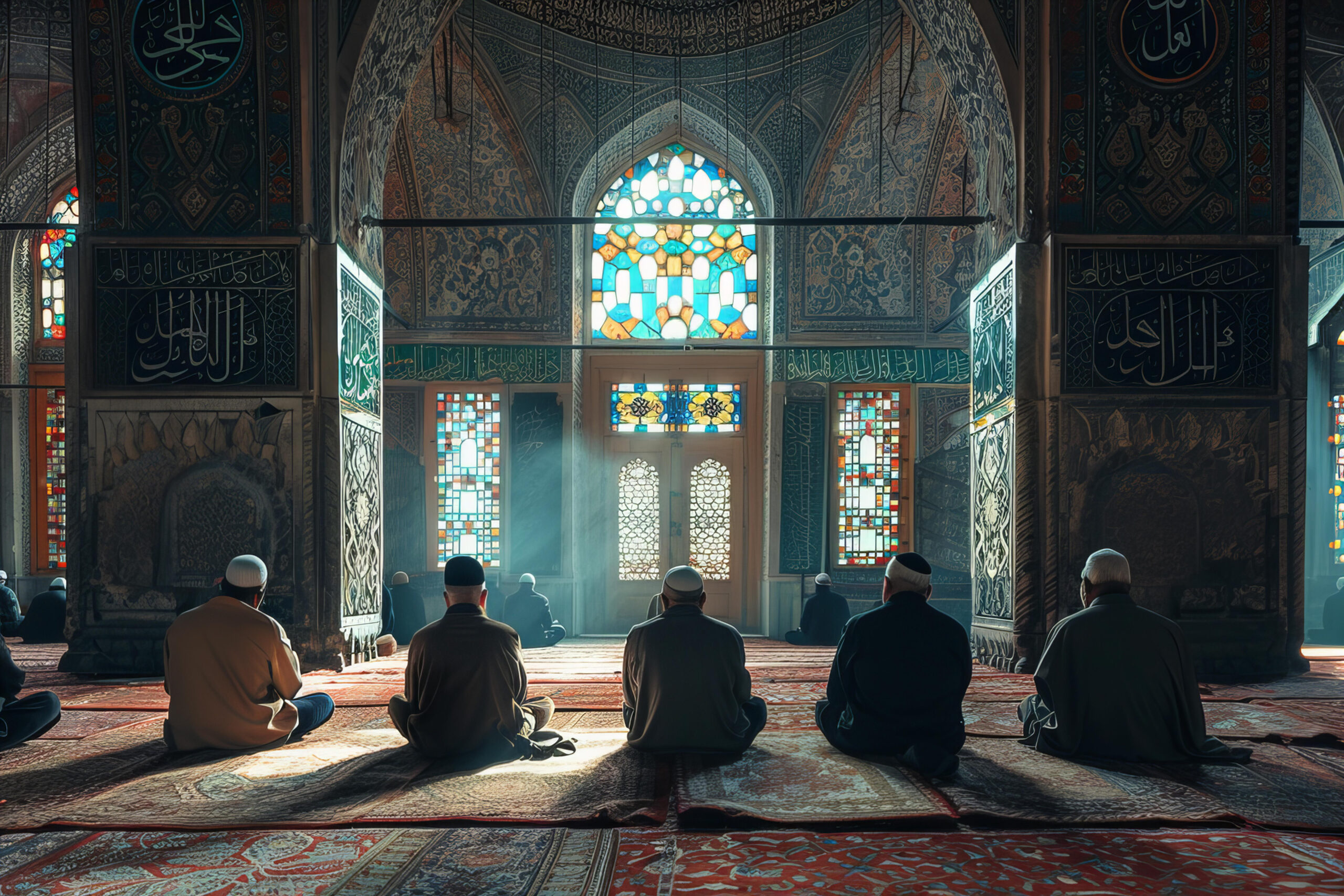
Obligations of Salah
1-Intention: Before starting Salah, one must intend to perform a specific prayer for a particular time and intention.
2-Ablution (or Wudhu): The obligatory act of purity and cleanliness before worship. It follows a process of washing hands, mouth, nostrils, arms, face, ears, hair, and feet.
3-Standing: Muslims stand facing the Kaaba in Mecca, symbolizing unity and equality before Allah.
4-Saying Allahu Akbar (Takbir): Salah begins with the Takbir, which declares the practical start of the prayer by declaring that Allah is Great.
5-Recitation: Every single unit (Rak’a) starts with a recitation of the first chapter of the Quran Al Fatiha (the opening Chapter in Arabic), followed by any Verse(s) or chapter(s) from the Quran recited only for the first two units of the prayer.
6-Bowing (Ruku’): Muslims bow down humbly, acknowledging Allah’s greatness. This indicates the unit of the prayer’s count; for example, the morning prayer has two bowings, and the sunset prayer has three bowings…
7-Prostration (Sujud): In the highest form of worship, Muslims prostrate with their foreheads, noses, palms, knees and toes touching the ground. This is the only part of the prayer where they spontaneously improvise and ask God for anything.
8-Attestation (Tashahhud): A declaration of faith and salutations to the Prophet Muhammad and the Prophet Abraham (peace be upon them).
9-Salutation: The final act that declares the end of the prayer and concludes with the salutation of peace to the right and left shoulders, symbolizing the exit from the prayer.
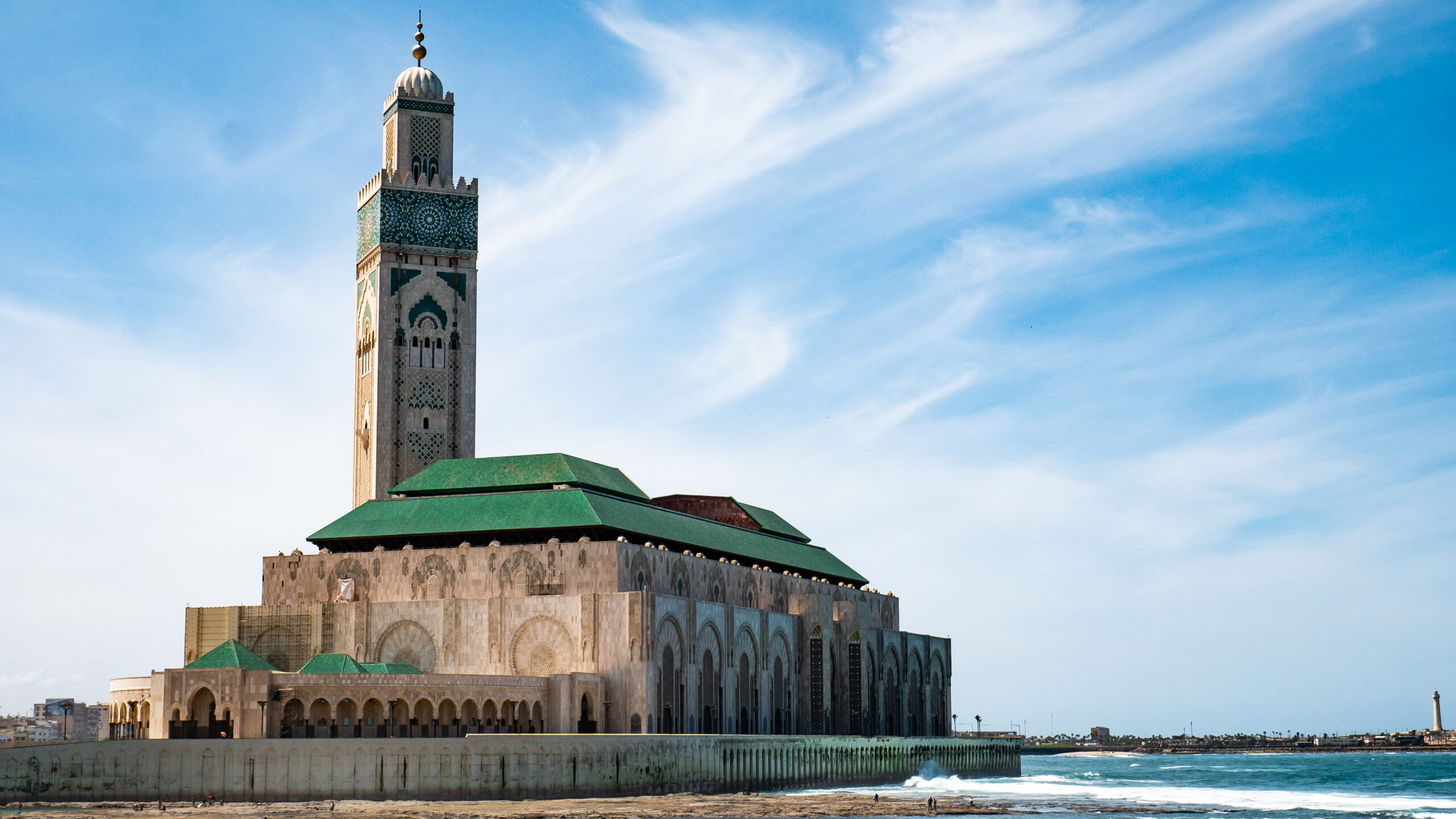
Times and Units of Prayer
“When the prayers are over, remember Allah—whether you are standing, sitting, or lying down. But when you are secure, establish regular prayers. Indeed, performing prayers is a duty on the believers at the appointed times.”
Quran 29:69
Pre-dawn (Sobh): -Two Units.
True dawn or the beginning of twilight, when the morning light appears across the entire width of the sky, and ends at sunrise.
Midday (Dhuhr): -Four Units.
It begins after the sun passes its zenith and continues until the call to the Asr prayer is given.
Afternoon (Asr): -Four Units.
It starts when the shadow of an object is as long as the object itself and lasts until sunset. This middle prayer can be split into two sections: the preferred time is before the sun turns orange, while the time of necessity is from when the sun turns orange until 15 minutes before sunset.
Sunset (Maghrib): -Three Units.
It begins when the sun sets and lasts until the red light has faded from the western sky.
Night (Isha): -Four Units.
It starts at civil dusk, when the darkness spreads across the sky, and lasts until nautical dusk, when the western horizon gets dark and cannot be observed with the naked eye.
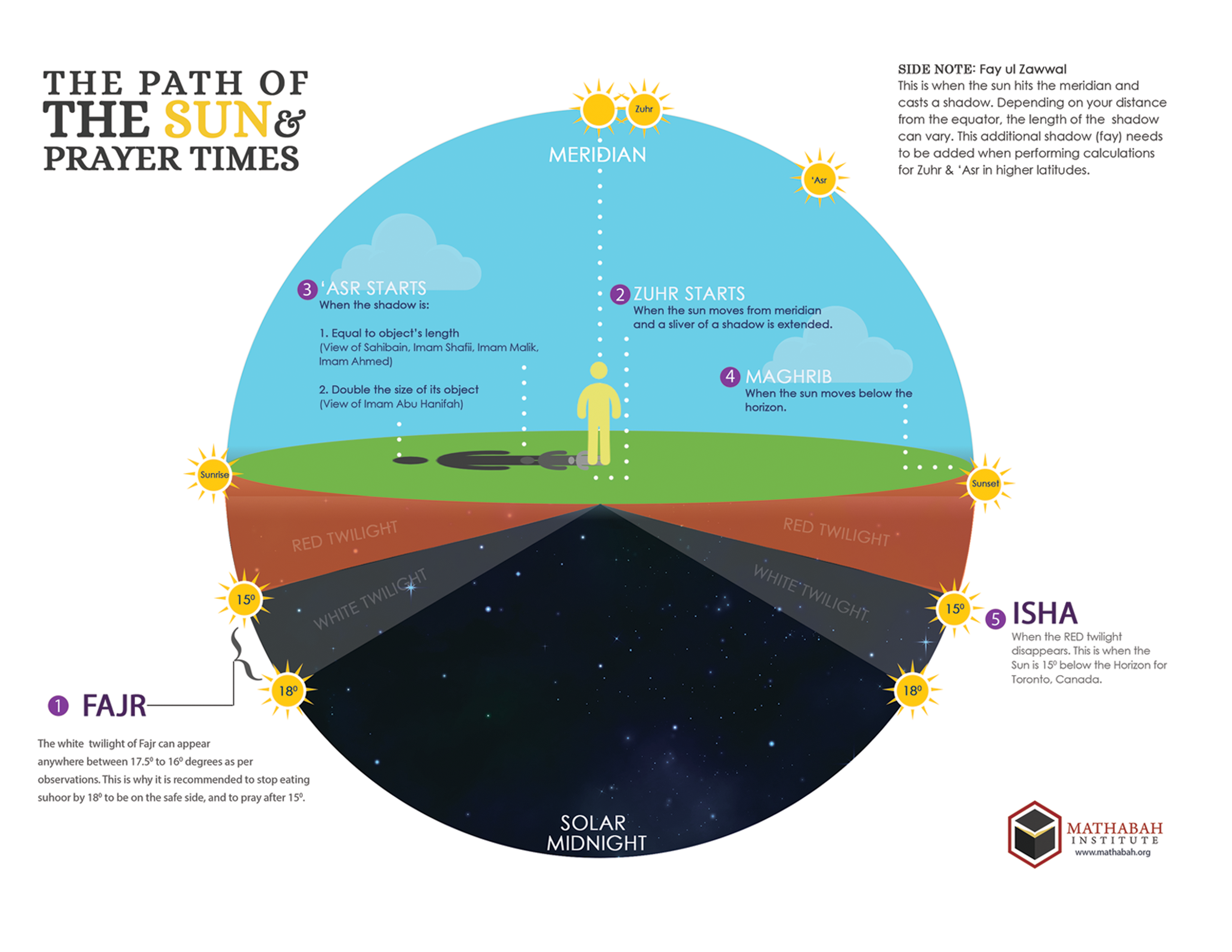
Special Prayers for Specific Occasions
Friday Prayer: The Friday congregational prayer replaces the afternoon prayer on that day.
Aid Prayer: Performed on the day of Aid al Fitr as a celebration of the end of Ramadan and Aid al Adha, celebrating the sacrifice of the Prophet Abraham.
Funeral Prayer: Offered in mosques for deceased Muslims.
Ramadan night Prayer (al-Taraweeh): Special nightly prayers performed during the entire month of Ramadan.
Advice Prayer (al-Istikhara): A prayer for seeking guidance in making a decision or a choice in life.
Summary
On the personal level, it serves as a safeguard against distraction, sin, and arrogance by daily fostering humility, sincerity, and a constant awareness of one’s relationship with the Creator. On the social aspect, it encourages Muslims to cultivate a modest and honest demeanor in their daily life while promoting a sense of unity and community.
